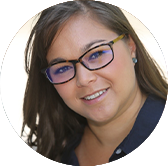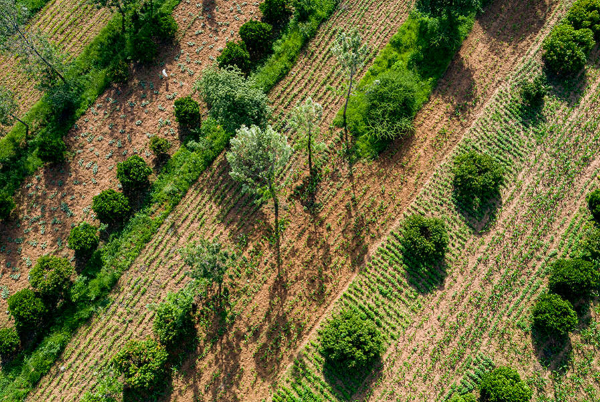
High-level dialogue on scaling up agroforestry
An investment in resilient agrifood systems
TUESDAY 23 JULY 2024
12.30–14.00 CEST
Sheikh Zayed Centre
Overview
Agroforestry - land management practices that apply the intentional integration of trees and shrubs into crop and animal farming systems - has the potential to transform agrifood systems to become more resilient and adaptive. It is being increasingly recognized within global policy processes, as well as by FAO Members, as a potential solution to address multiple global issues, including food security and nutrition, rural development, ecosystem restoration, and climate change mitigation and adaptation.
Agroforestry can enhance livelihoods in rural communities by increasing productivity, diversifying incomes and improving food security and nutrition. Through diversification, agroforestry can also help farmers to increase their adaptive capacity and build resilience to climate change. From an ecological perspective, agroforestry systems can improve soil health, protect crops and livestock from wind and heat, improve water management, limit pests and prevent soil erosion. Agroforestry is also crucial for biodiversity conservation; agroforestry systems can reach 50 to 80 percent of the biodiversity of natural forests.
Despite growing recognition of its benefits, its long history, and its adaptability to a diversity of contexts, agroforestry is not widely practiced. There remain barriers to widespread adoption and implementation, which can be addressed through targeted support at technical, financial, and policy levels. FAO is working towards maximizing the potential of agroforestry and addressing technical gaps, including by improving global data on agroforestry through the “Global assessment on the status and scaling-up potential of agroforestry.”
This high-level dialogue provides an important opportunity to share country experiences, and discuss the investments and actions needed to scale up agroforestry, and to identify ways forward for jointly addressing the remaining barriers. The panel will feature high-level representatives from FAO Members with experience in agroforestry financing, implementation, and policy support. The event will also present how FAO will be scaling up its work on agroforestry, including technical support to Members.
Objectives
- Share country experiences on successful national initiatives to scale up agroforestry;
- Discuss what is needed for agroforestry to be a real solution for transforming agrifood systems;
- Present FAO’s work and support on agroforestry; and
- Discuss opportunities and ways forward for addressing barriers to scaling-up agroforestry.
Speakers
Maria Helena Semedo
Deputy Director-General
FAO

Moderator: Dos Santos A. Silayo
Vice-chairperson of COFO
Chief Executive, Tanzania Forest Services Agency
Tanzania

Federal Minister for Agriculture, Forestry, Regions and Water Management
Austria

Minister of State for Land Use and Biodiversity
Department of Agriculture, Food and the Marine
Ireland
Minister of Agriculture
Saõ Tomé and Príncipe
Joint Secretary
Natural Resource Management Division
Ministry of Agriculture and Farmers’ Welfare
India
Bathkuu Nyam-Osor
Chair of the COFO Working Group on Dryland Forests and Agrosilvopastoral systems
Advisor to the President of Mongolia on Environment and Green Development Policy
Mongolia

Agrosilvopastoral farmer and agroforestry advocate
Taylor's Run
Australia
Juan Carlos Jintiach
Executive Secretary
Global Alliance of Territorial Communities

Elaine Springay
Forestry Officer
FAO


